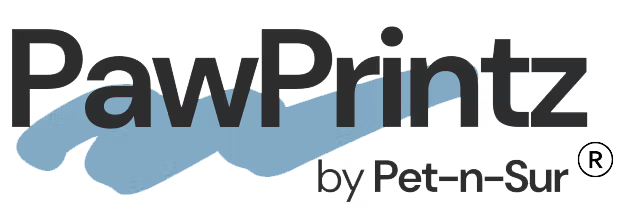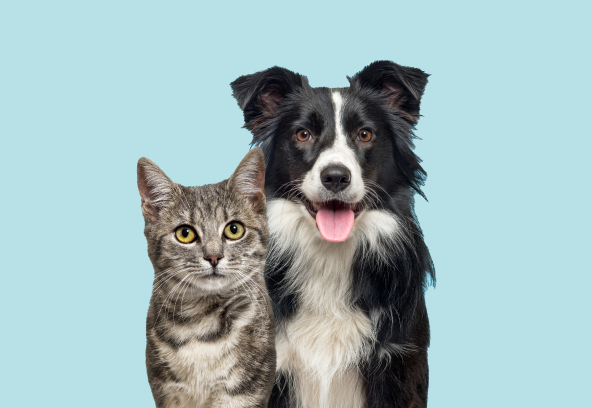
Why Dogs Eat Strange Things and How to Prevent It

Why do dogs munch on the strangest things? Our latest blog explains why and shares tips to keep your pup safe and your wallet happy. Check it out!
From socks to sneakers, our canine friends often have a curious appetite for the unconventional, if not the unfathomable! While it might bring a chuckle, such behaviour can lead to serious health issues and a hefty vet bill. For example, we had a claim case where the treatment for a foreign object in a Shih Tzu cost $5,700. In this blog, we’ll go into why dogs eat strange items and share essential tips to keep your pooch safe and your wallet happy. Let’s ensure your furry friend stays healthy and your finances secure.
Why Does Fido Fancy the Forbidden?
Dogs are naturally curious creatures, often using their mouths to explore the world. This curiosity can sometimes lead them to ingest non-food items, a behaviour known as pica.
There are several factors that contribute to this unusual habit.
Firstly, some dogs may eat strange things due to nutritional deficiencies. If their diet lacks certain nutrients, they might ingest odd items in an attempt to remedy the shortfall. Secondly, young puppies are especially prone to eating strange things as they are in their teething phase, where they chew on practically anything to relieve gum discomfort.
Behavioural reasons also play a role. Boredom or anxiety can lead some dogs to eat inappropriate objects as a way to cope with their feelings or to stimulate themselves mentally and physically. Additionally, some breeds are more predisposed to such behaviours due to their high energy levels and need for constant stimulation.
Lastly, medical issues like gastrointestinal disorders can also lead dogs to consume non-food items. It's important for dog owners to monitor their pets' behaviour and seek veterinary advice if their dogs regularly consume inappropriate objects, ensuring both their nutritional needs are met and any underlying health or behavioural issues are addressed.
Managing Chew Risk: Preventing Your Dog's Unusual Eating Habits
Here’s a detailed guide to help your dog steer clear of non-food items:
- Watch and redirect: Vigilance is key. Always keep an eye on your dog, especially when they are in environments where they might find tempting items. When you catch them eyeing or starting to chew something they shouldn’t, gently redirect their attention to more appropriate toys or chews. This not only prevents them from eating unwanted objects but also reinforces good behaviour.
- Dog-proof your home: Make your home a safe space that's free from temptations. Ensure that potentially harmful objects like socks, shoes, and children’s toys are out of reach. Secure bins tightly so your dog can't rummage through them, and consider using child-proof locks on cupboards to keep inquisitive noses away.
- Keep them busy: A well-exercised dog is less likely to seek entertainment in inappropriate ways. Balance their routine with plenty of physical exercise—like walks and play sessions—and mental stimulation, such as puzzle feeders, training sessions, and interactive toys. This helps to expend their energy constructively and keeps their minds sharp and engaged.
- Teach helpful commands: Basic obedience training is invaluable. Teaching your dog commands like “leave it” or “drop it” can be literal lifesavers. These commands are essential for managing their behaviour and preventing them from ingesting harmful objects. Consistent training sessions reinforce these commands and ensure your dog understands and responds when it matters most.
- Check their diet: Sometimes, unusual eating habits can be a sign that your dog’s diet is lacking in certain nutrients. Consult with your vet to ensure your dog’s meals are well-balanced and fulfilling all their dietary needs. They might recommend supplements or a different diet that could curb the urge to eat inappropriate items.
- Seek advice: If your dog’s unusual eating habits stem from behavioural issues such as anxiety or attention-seeking, it may be time to consult a professional. A qualified animal behaviourist can assess your dog and provide customised strategies that address the root cause of their behaviour, offering a long-term solution rather than a temporary fix.
While it might sometimes be funny to see the odd things, dogs choose to chew on, it’s important to remember the risks involved. By understanding the root causes and implementing preventive strategies, you can keep your furry friend safe and healthy. Keep your dog entertained, supervised, and well-trained, and you’ll reduce the chances of any unwanted chewing habits.
Looking for the Best Way to Protect Your Precious Pup?
Contact our experts today to learn about how to protect your precious pup. Alternatively, you can visit our plans page to find out more about the details of the plans we offer.

